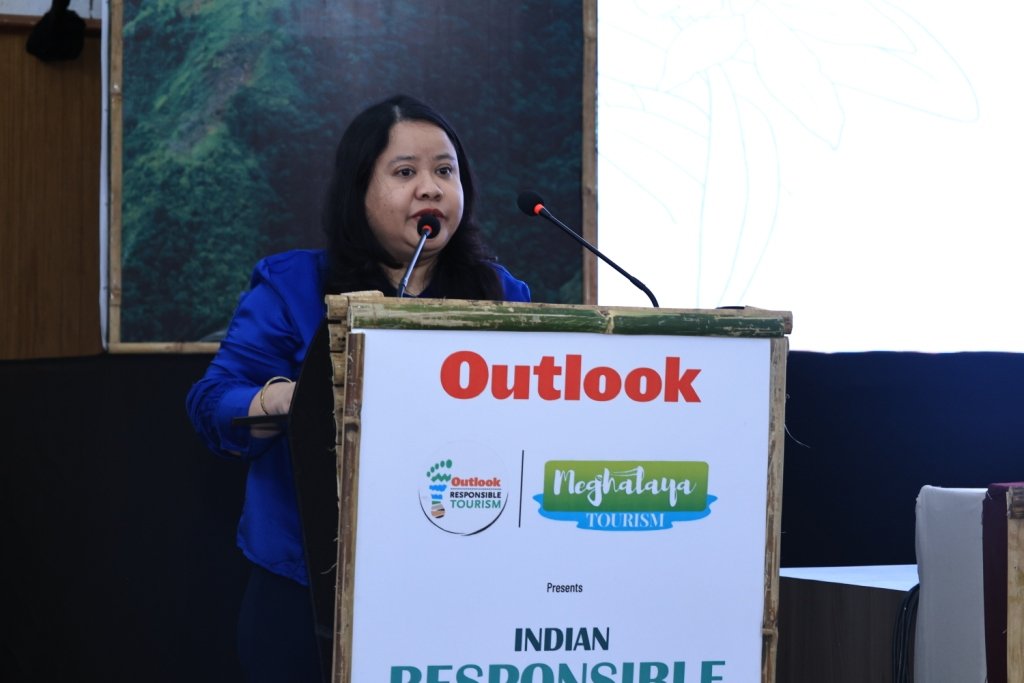Shillong, September 27: The third Indian, responsible Tourism State Summit (Irtss) in 2025 The World Tourism Day took place here and brought together tourism pioneers and stakeholders to celebrate and promote responsible tourism practices.
The awards were awarded to people who have made significant contributions to sustainable tourism.
The joint secretary and tourism director Brenda Lee Pakyntein in her speech emphasized the growing importance of responsible tourism. “This concept of responsible tourism gains visibility, and sustainability is crucial to meet our current requirements without affecting future needs,” she said.
Pakyntein emphasized the need for a consensus among stakeholders, including industrial partners and local communities, to ensure the long -term sustainability of tourism. “We have to build a consensus with our industry partners, local communities and people who work with tourism to go beyond discussions and implement sustainable practices,” she added.
Gerald Samuel Duia, founder of Duia Trailblazers, presented a case study on tourism and sustainable transformation, in which concerns about waste pollution, irresponsible tourist practices, overcrowding and mass tourism were emphasized. He emphasized the importance of collective efforts to ensure a sustainable Meghalaya.
Other speakers were Dr. Tsewang Namgail, director of Snow Leopard Conservancy India Trust, who promoted innovative tourism initiatives that do not harm the environment, and Sunil Vergheese, director of Dune Wellness, who highlighted Meghalaya's potential in wellness tourism.
Priya Krishnamoorthy, founder and CEO of 200 million craftsmen, asked young people to explore climate -apositive materials and craft and to become storytellers through creative innovations.
A panel discussion entitled “Responsible Tourism in Meghalaya: A Collective Vision” contained Benedict Skhemlang Hynniewa, visual artists and musicians, Adonijah Lyngdoh, Culinary Expert, and Sanjay Sondhi, founder and trustee of Tittli Trust. The discussion focused on promoting and preserving Meghalaya's culture, kitchen, nature and music and at the same time maintaining the traditions and identity of the state.
The summit reinforced the role of Meghalaya as a pioneer in responsible and sustainable tourism and offers lessons and innovations that the travel practices could influence across the country.
